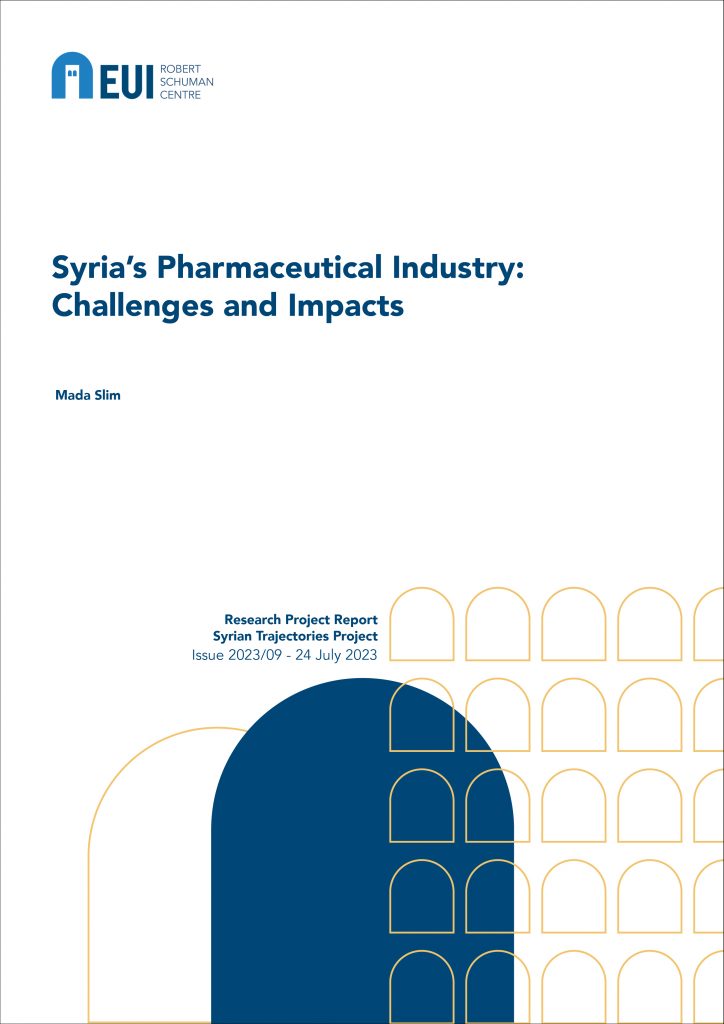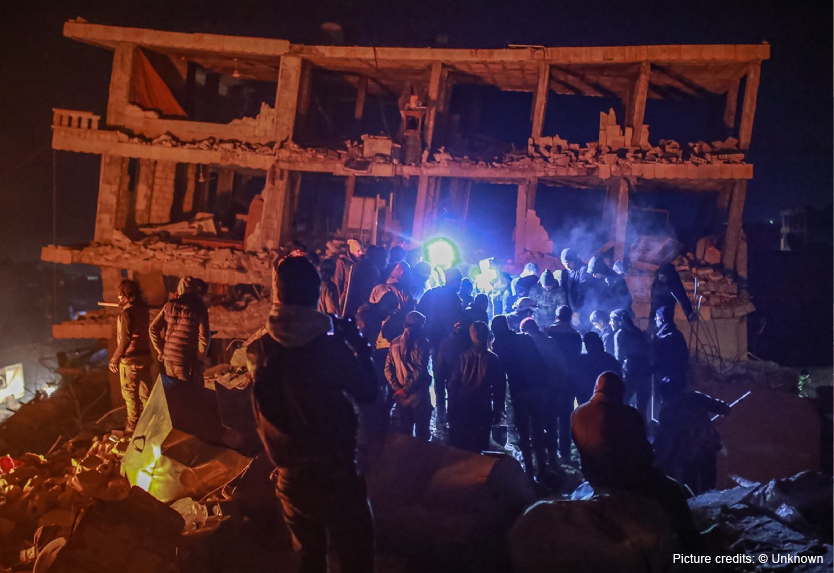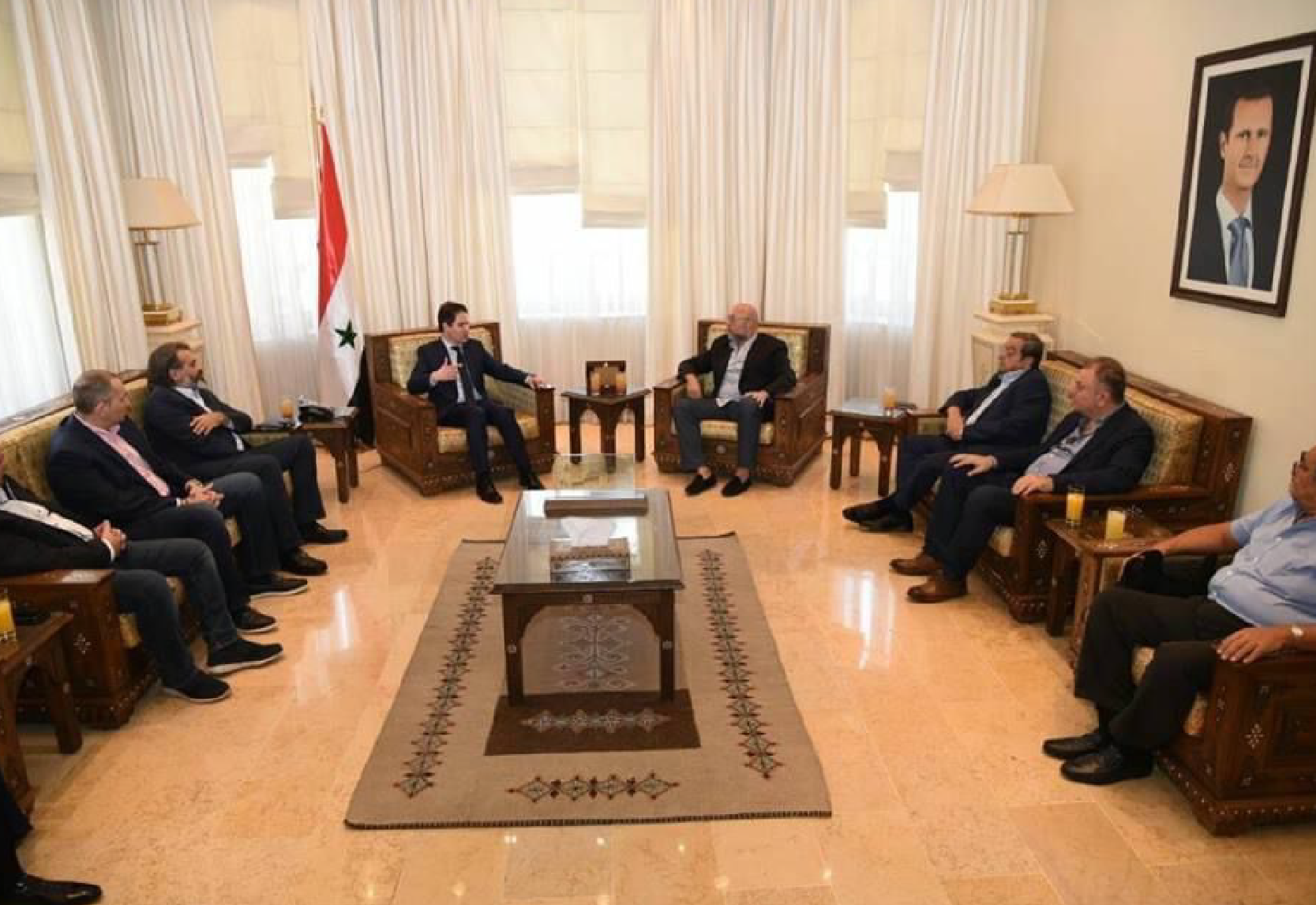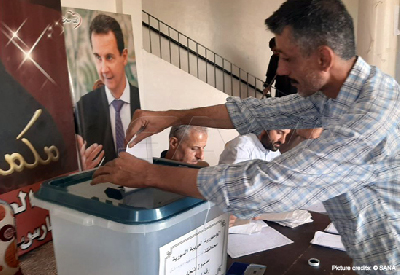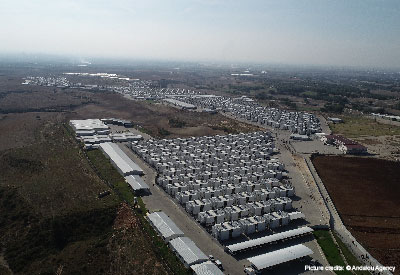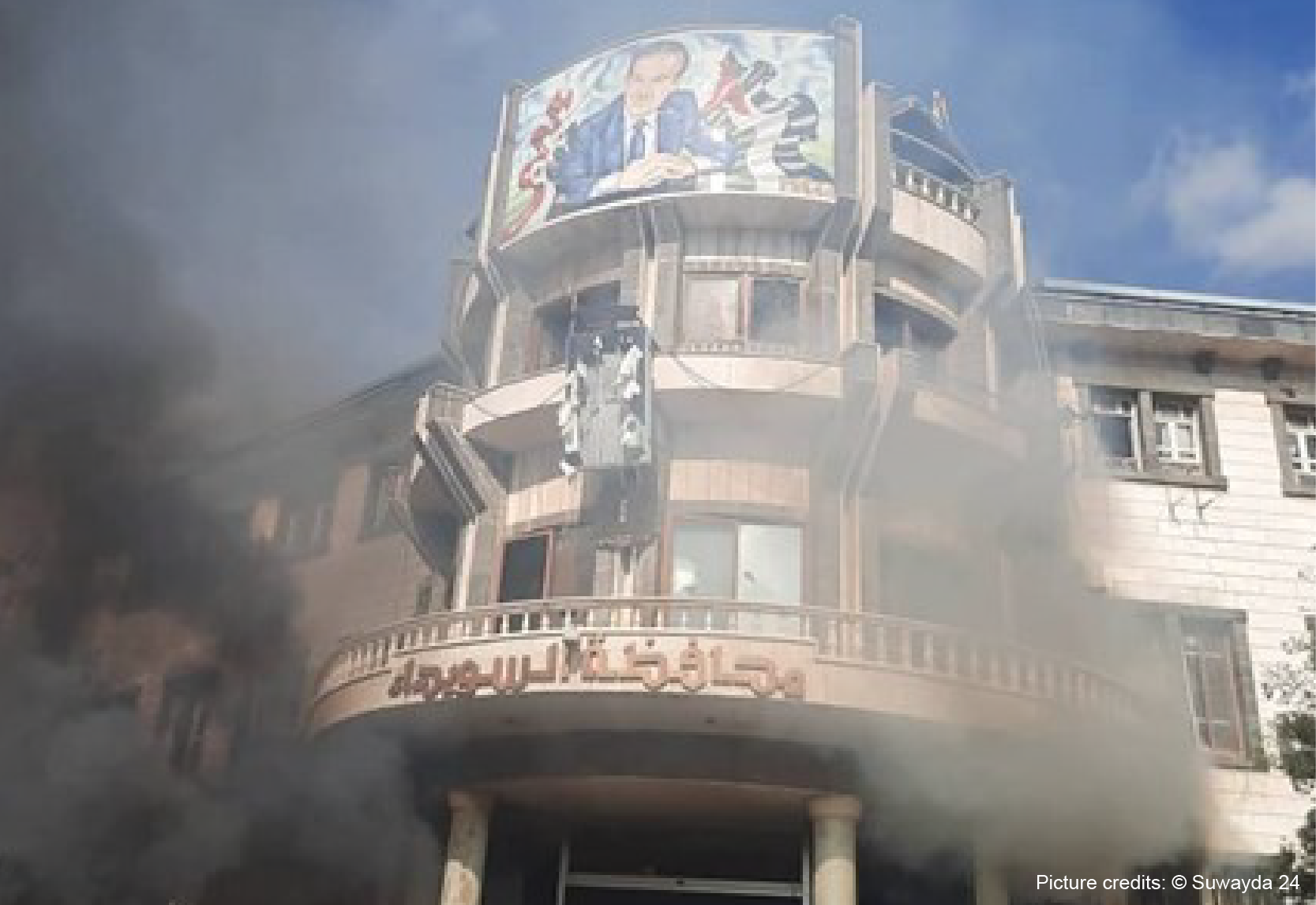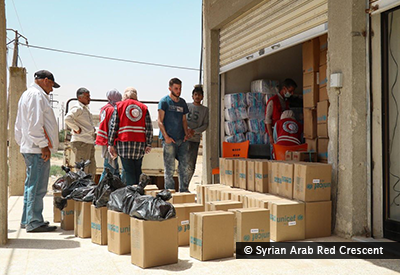MEDirections’ Syria Initiative aims to analyse the key local trends and dynamics of the country’s multi-layered conflict, to generate a better understanding of the challenges and opportunities for post-conflict stabilisation and peace-building. The Initiative seeks to inform policymakers and practitioners in Europe and the Middle East and to promote knowledge sharing between Syrian and European analysts. It has a strong fieldwork component. It is based on a close partnership between the EUI/MEDirections and Syrian analysts and the research track includes mentorship for junior Syrian researchers.
This Initiative started in 2016 and is led by Professor Agnes Favier. It hosts different research projects, publishes various types of publications in English and Arabic, including Policy Briefs and more in-depth Research Reports and organises academic events (roundtables, webinars,annual conferences).
The research focuses on four main themes: transformations in local governance and networks of power in a changing national context; the war economy and its impact on future reconstruction; the impact of external interventions on local dynamics social, economic, and political transformation in war and post- war situations.
Project Director of the Syria Initiative: Agnès Favier
Research Team: So far, more than 15 researchers have contributed to the different research projects
Management: Donato Di Bartolomeo
Syrian Trajectories: Challenges and Opportunities for Peacebuilding (July 2022-June 2023)
The Syrian Trajectories: Challenges and Opportunities for Peacebuilding project is funded by the European Union and Germany as part of the Syria Peace Initiative implemented by the GIZ. The project aims to generate original and essential knowledge, as well as informed analysis rationally congruent with emerging challenges to peace and post-conflict recovery in Syria to support programmatic, operational, and strategic decision-making.
Using filed-based research undertaken mostly by Syrian academics, researchers and analysts, the project deliberates on themes that emanate from the unsteady but deadlocked military stalemate that emerged in Syria. This includes, but not limited to, control and power dynamics in areas controlled by the Syrian regime, active rebels, and de facto authorities, institutional features and functions, state elites and informal power structures, underlying causes of violence and instability, and the role played by local and external actors to contribute to the fulfilment of basic needs in areas of limited statehood.
Read the latest article by Sinan Hatahet: The present crisis in Hay’at Tahrir al-Sham: Interactions and scenarios
Scientific Coordinators
Scientific Advisor
Research Team
Management
Ayoub Lahouioui, Project Associate
Valentina Gorgoni, Administrative Assistant
Publications
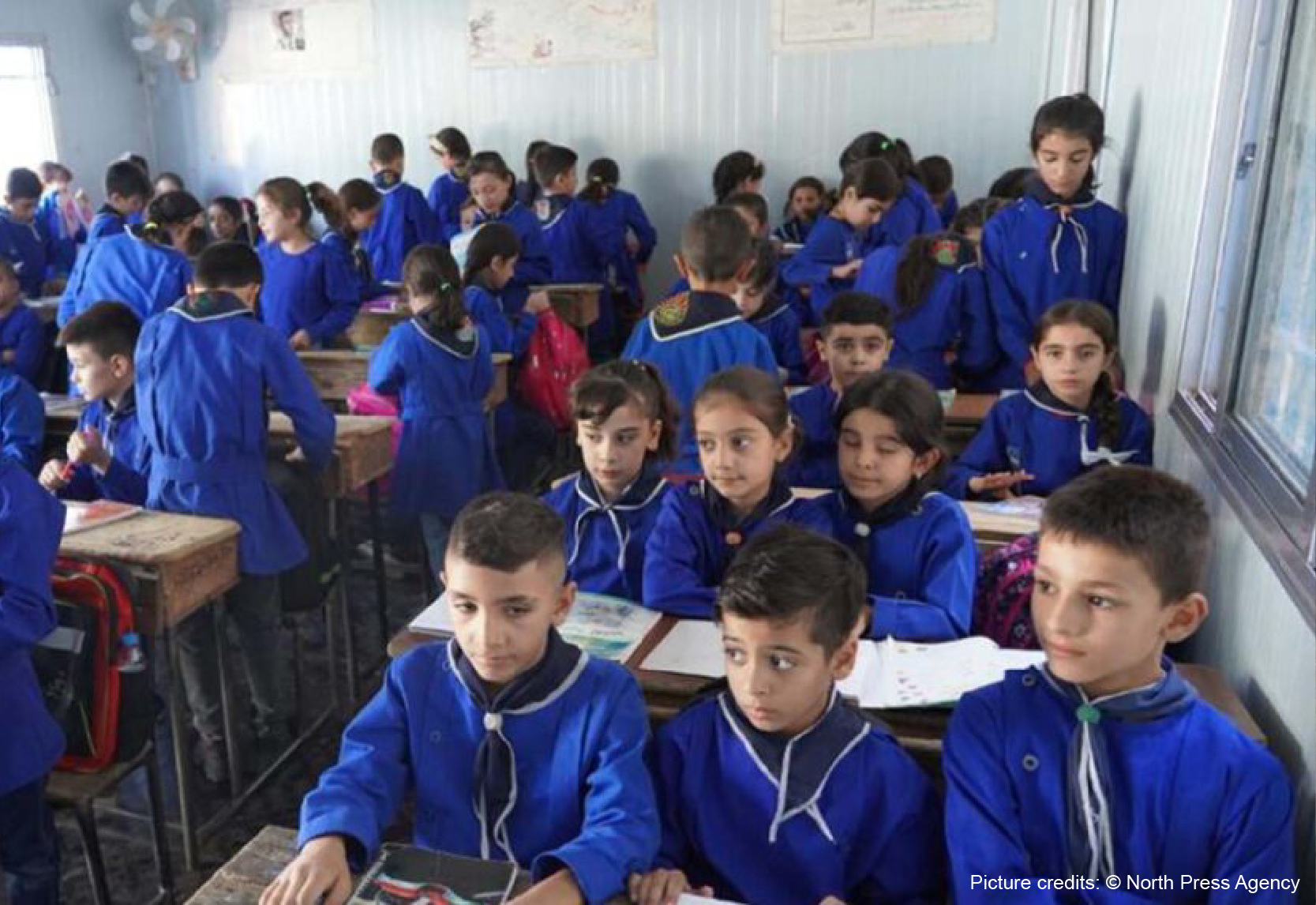
Education – an arena of political contestation : the case of Qamishli city in North-Eastern Syria
By Salwa Al-Ahmad
Troubled solidarity: how communities in Southern Syria responded to the 2023 earthquake disaster
By Abdullah Al-Jabassini and Mazen Ezzi
June 2023 Read it in English
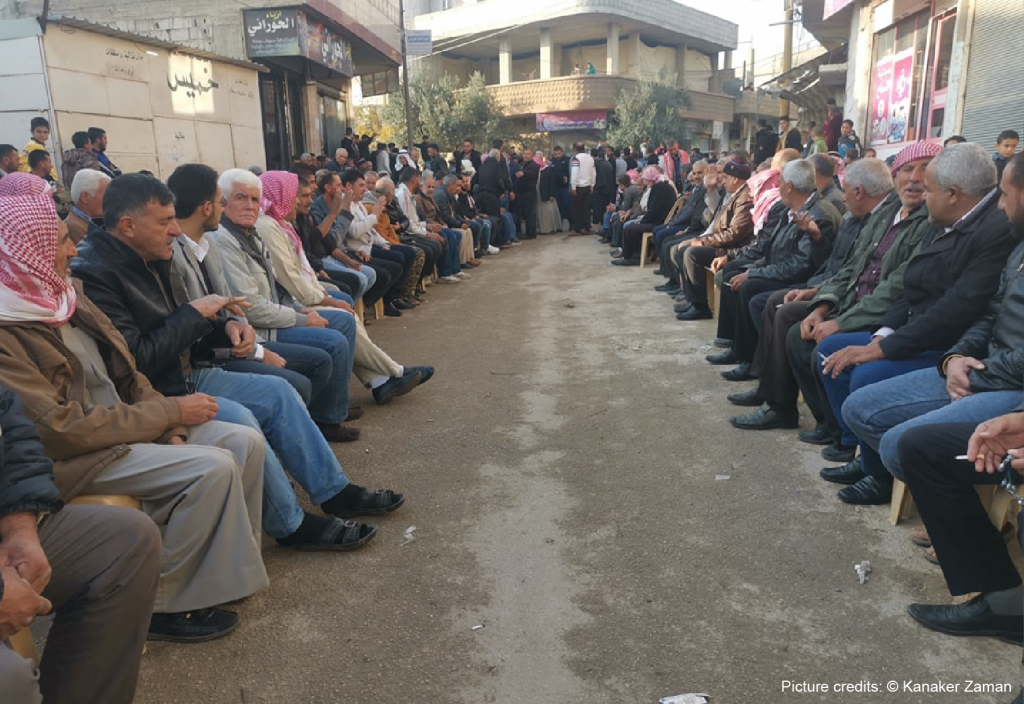
Transformations in the roles of intermediaries in Zakyah and Kanaker in rural Damascus
By Mazen Ezzi
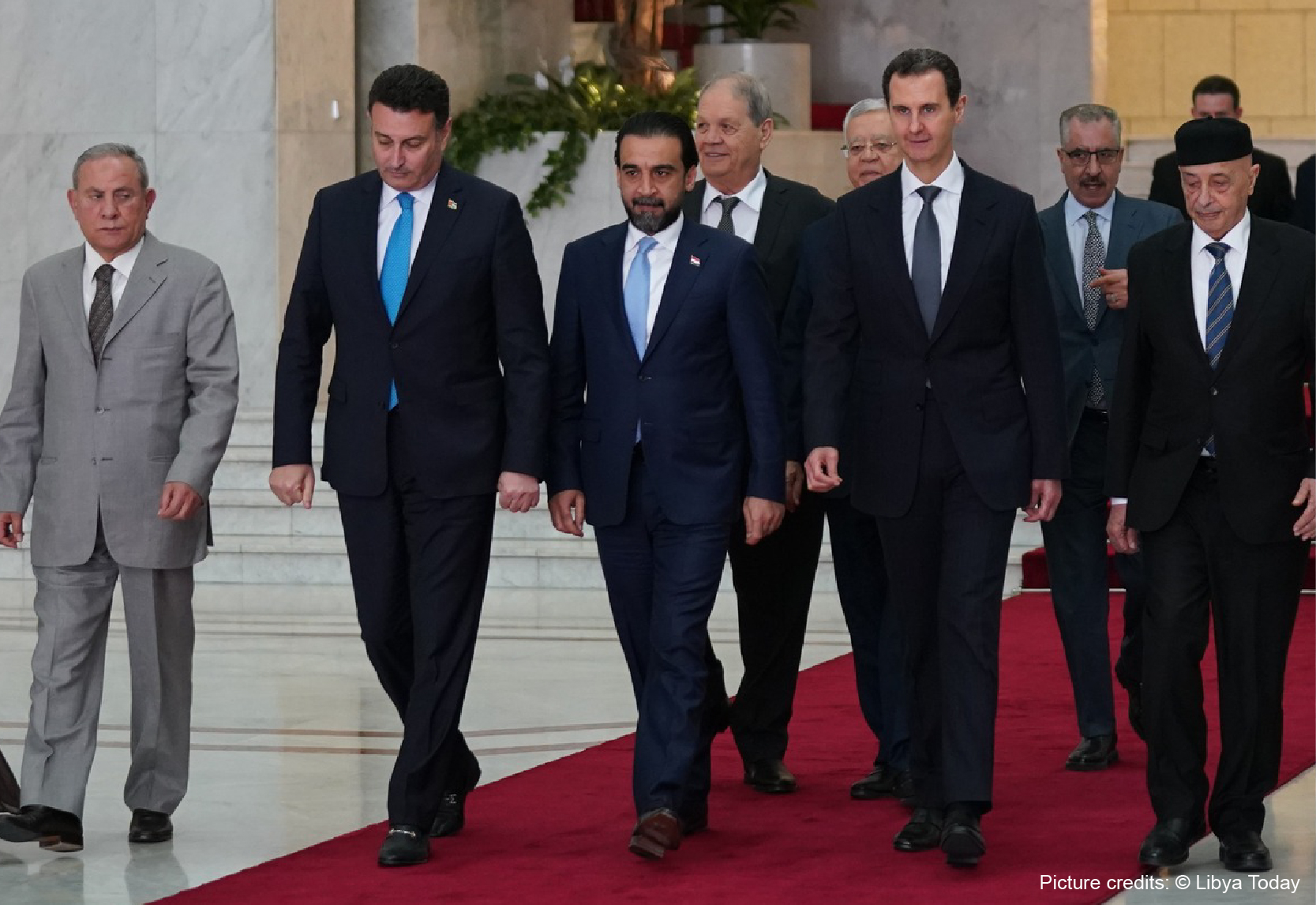
The Aftermath of Earthquakes in Syria: The Regime’s Political Instrumentalisation of a Crisis
By Joseph Daher
February 2023 Read it in English
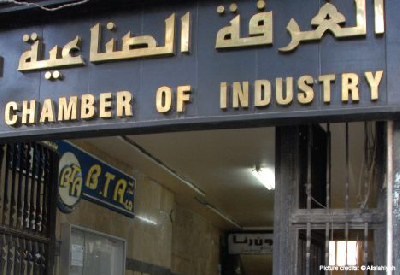
The 2022 Syrian Chambers of Industry and Syrian Federation of Chambers of Industry Elections: Dynamics, Results and Implications
By Joseph Daher
January 2023 Read it in English
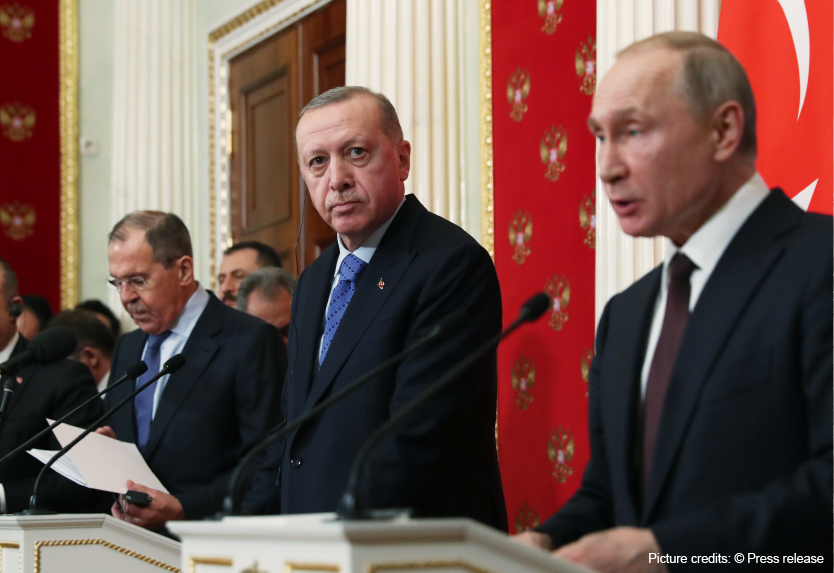
Turkish-Syrian Rapprochement: Rhetoric and Motivations
By Syrian Trajectories
October 2022 Read it in English
Donors
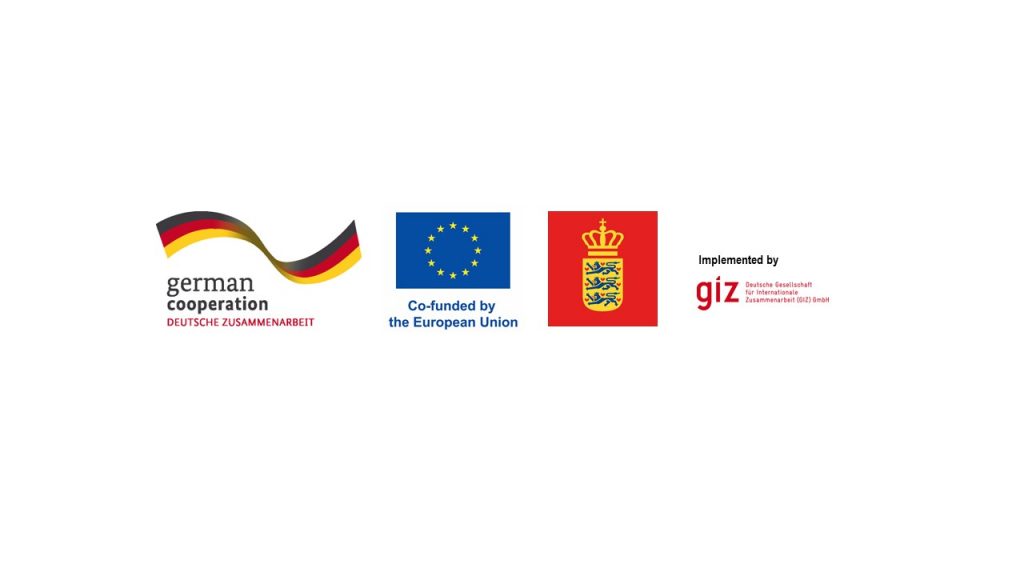
This project is funded by the European Union, Germany and Denmark as part of the Syria Peace Initiative implemented by the Deutsche Gesellschaft für Internationale Zusammenarbeit (GIZ). Views and opinions expressed in our publications are solely those of the individual authors and do not represent those of donors, GIZ, or European University Institute.
Wartime and Post-Conflict in Syria Project (October 2018-July 2022)
The “Wartime and Post-Conflict in Syria” (WPCS) project was funded by the European Union and implemented in partnership with the Center for Operational Analysis and Research.
WPCS provided operational and strategic analysis of prospects, challenges, trends and policy options in wartime and in preparation for post-conflict in Syria.
WPCS focused on policy and response-relevant themes, to include key actors and dynamics of local governance; the war economy; and regional interventions and their impact on local socio-political dynamics.
For more information about WPCS, please visit the project’s page in English and Arabic and check out the infographic below:
Syria Transition Challenges Project (November 2019 – November 2020)
The Syria Initiative provided research papers for the Syria Transition Challenges Project led by the Geneva Center for Security Policy. Other partners of this project included “The Syrian Center for Policy Research” and “Swiss Peace“. Starting from a multilateral perspective this project aimed to contribute building common understandings and feasible pathways for international actors to tackle the issues of Reform, Refugees Return, and Reconstruction in Syria.
In the framework of the Syria Transition Challenges Project, the Syria Initiative published three in-depth research reports and participated in international workshops.
Publications
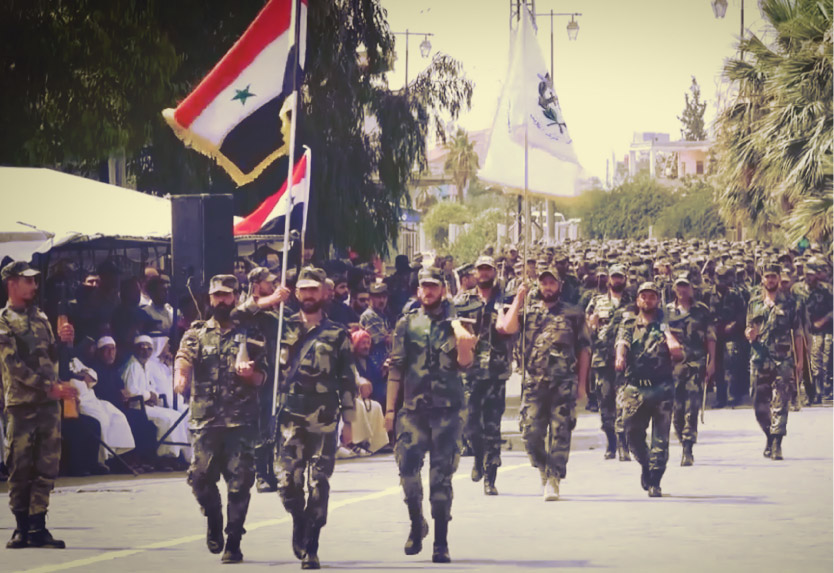
The Eighth Brigade: Striving for Supremacy in Southern Syria
By Abdullah AL-Jabassini
December 2020 Read it in English
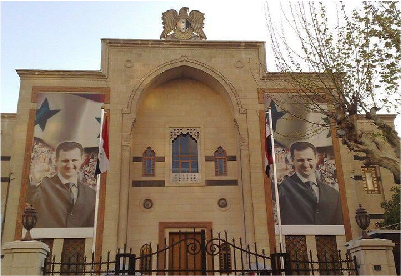
Syrian People’s Council Elections 2020: The Regime’s Social Base Contracts
By Ziad Awad and Agnès Favier

Previous Publications
Patrick Haenni, Arthur Quesnay, Survivre à la Disparition de l’Etat Islamique: la Stratégie de Résilience du Mouvement Kurde Syrien, (January 2020), Research Report, available in French.
Ziad Awad, Deir al-Zor after Islamic State: Between Kurdish Self-administration and a Return of the Syrian Regime, (2018), Research Report, available in English and Arabic.
Jamil Mouawad, Lebanon’s Border Areas in Light of the Syrian War: New Actors, Old Marginalization, (2018), Research Report.
Agnès Favier, Syria after Islamic State: ‘Everything Needs to Change, so Everything Can Stay the Same’?, (2018), Research Report, available in English and Arabic.
Agnès Favier, Fadi Adleh, Local Reconciliation Agreements’ in Syria : a non-starter for Peace Building, (2017), Research Report, available in English and Arabic.
Agnès Favier, On the Debris of Aleppo: A Gloomy and Uncertain Reconstruction for Syria. An Analysis, (2017), Policy Brief.
Nagwan Abdelmaboud Mohamed Soliman, The Door Should be Opened to Ahrar Al-Sham!, (2017), Policy Brief.
Agnès Favier, Increasing Vulnerability for the Syrian Refugees in Lebanon: What’s Next?, (2016), Policy Brief.
Luigi Narbone, Agnès Favier, Virginie Collombier, Inside Wars : Local Dynamics of Conflicts in Syria and Libya, (2016),
E-Book, available in English and Arabic.




